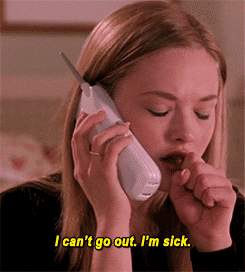Daily Guidelines
Why:
The purpose of the dailys is two-fold.
-
For your teammates to see what you’re doing and to check that you’re not both working on the same thing or maybe to offer some assistance. Even if the rest of the Kinder Office doesn’t understand specifically what you’re writing (for example coding/technical language) certainly your direct teammates will know what it means.
-
For the management team and those doing project managing to get a better idea of what stage everyone is at in their various projects.
Process:
-
Add your to do’s to the #daily channel in the morning, ideally, within an hour of starting your day.
-
Then share what you actually ended up doing at the end of the day right before you finish working.
-
The morning daily indicates what you intend to work on, while the evening daily communicates what you actually did.
Advice:
Instead of just writing down the broad project that you’re working on. Try and write down the specific tasks that you’ll be tackling for the day.
Be as specific as possible, but don’t worry if you end up doing something completely different. That’s why we have the end of the day dailies.
More reasons to keep up with your dailies (courtesy of Linsey):
“You might wonder, why would I share my daily to-do list with the rest of the Kinder crew? And why in god's name would I ever let anyone know if I actually accomplished anything I said I would?
Accountability can be a b*tch, we all know that. The transparency hype is totes overrated. It is true that a daily may seem schoolish, but with our (arguably) flexible work hours or the option to work remotely, there is no way to know for sure if someone else is also riding that awesome wave of spontaneous creativity today. Working on your projects in isolation is the way to go for some of us, and your daily is the perfect opportunity to let everyone know you are socially checking out and unavailable for wishy-washy chit-chat. But honestly, you are not a radio (just sending, no receiving)! You also like to know what everyone else is up to, and who you can reach when you are in a pinch.
Most would agree this is all fairly helpful. But why does it feel like we have to clock out at the end of the day with our accomplishments? Really, because we do, and it is sound practice when you do not want others to repeat the work you just wrapped up. Its a quick and easy way to update all relevant stakeholders on the current status of your projects.”
- Linsey Groot
Extra - Example of Daily:
Start of the Day:













